detail profile nikola pejakovi c4 87
Peran Yang Di Mainkan Nikola Pejaković
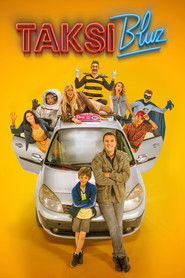 The key character in the story...
The key character in the story...Taxi Blues 2019
The key character in the story story is Marko, a failed scriptwriter, who has been working as a taxi driver for years and follows his adventures during one hilarious night.
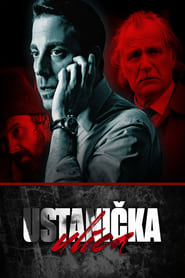 Ustanika ulica is a Serbian political...
Ustanika ulica is a Serbian political...Ustanicka Street 2012
Ustanička ulica is a Serbian political thriller. Dušan Ilić (Gordan Kičić), employed at the Serbian state prosecutor's office, gets a top secret case to investigate a war crime committed by a disbanded paramilitary unit. He manages to find Mićun (Uliks Fehmiu) who's the only surviving witness.
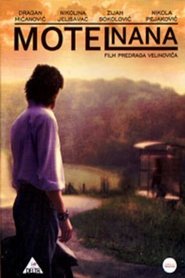 Ivan teaches history in a Belgrade...
Ivan teaches history in a Belgrade...Motel Nana 2011
Ivan teaches history in a Belgrade high school. In his class, Ivan is provoked by a student and ends up slapping him on the face. In Serbia, in the heat of transitional changes, Ivan’s presence in school is no longer welcomed. He finds a temporary job opportunity in a war-scarred mountain village in Bosnia. On his way there, he meets Yasmina, a young Muslim woman, back from Germany to her homeland after the war and after being invited by an old friend – Hazim - who now runs a motel. A lone kiss in a stormy night, in a village still lying in ruins, will bring Yasmina and Ivan closer together in a joint escape from reality and to a ride on a dusty bus, where neither one of them wants to sit next to the window.
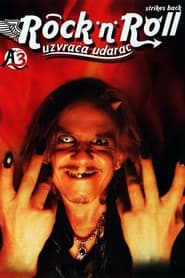 We Are Not Angels III is...
We Are Not Angels III is...We Are Not Angels 3: Rock & Roll Strike Back 2006
We Are Not Angels III is a Serbian film. In 1973 during a Youth Work Action, budding musician Borko Pavić (Nikola Pejaković) is disappointed to find out that the majority of his fellow young workers prefer to dance kolo to folkish harmonica sounds rather than listening to him play his acoustic guitar. Heartbroken and depressed he confides in his best friend that he read that in America the young people make the devil appear by playing the music backwards who then makes them rich and famous. He becomes the mega popular rock'n'roll superstar Dorijan. Cut to 30+ years later Dorijan is still a debauched, coke-snorting, and alcoholic superstar, except that he's now playing turbo folk instead of rock'n'roll. He lives with a silicone trophy girlfriend Smokvica and his best friend from childhood is his business manager. Despite still having his women, fame, and fortune, Dorijan is unhappy about having to resort to playing a musical style he hates in order to have all that.
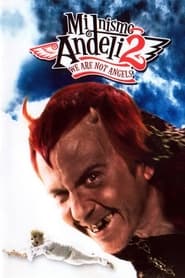 In this sequel of We Are...
In this sequel of We Are...We Are Not Angels 2 2005
In this sequel of "We Are Not Angels", a highly successful Yugoslavian comedy, a former playboy must cope with his daughter's adolescence, as well as numerous boys that keep knocking at her doors. A worried father thinks she may get in type of troubles he used to cause when he was just the age of her wooers.
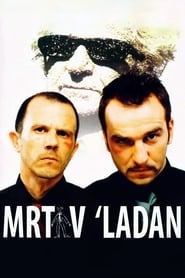 The basic plot revolves around drug...
The basic plot revolves around drug...Frozen Stiff 2002
The basic plot revolves around drug dealer Limeni and two men, Lemi and Kiza, who are trying to transport their dead grandfather for burial, until their car breaks down and they end up struggling to get him home onboard a train. This is when these two plots intersect and all hell breaks loose.
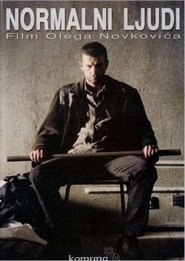 The plot follows Steva who is...
The plot follows Steva who is...Normal People 2001
The plot follows Steva, who is in love with an actress, Duja, who adores his motorcycle, and Bane, who plans to steal the motorcycle. Nikola desperately searches for a job, while Toma is in love with Mira, who is in an abusive relationship and occasionally thinks about Toma. The film highlights the despair and isolation of a generation in the post-war era.
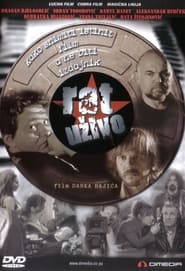 Belgrade 1999 Producer Sergei and his film...
Belgrade 1999 Producer Sergei and his film...War Live 2000
Belgrade, 1999. Producer Sergei and his film crew are in a disastrous situation - the film they're making is under threat - there's no money, the crew are dissatisfied - and NATO bombing is just around the corner. Then a member of the State Security Service (Mileta) comes looking for American co-producer Harvey. Anxious and worried, in the midst of the bombing that's begun, Sergei hides Harvey from what he thinks is awaiting him - arrest. During the night, he thinks up a plan. He announces the start of filming on a new, patriotic film - in which the main role will be played by Harvey. The plan works - the State supports the film and Mileta, as the State's representative, joins the crew. However, the underlying conflict between Mileta and Sergei explodes during the first screening. Mileta accuses them of being artists, and not being patriots.
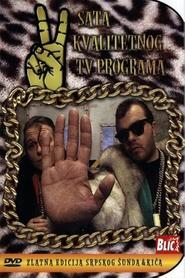 Made for New Years Eve program...
Made for New Years Eve program...Two Hours of Quality TV Program 1995
Made for New Year's Eve program, "Two Hours of Quality Program" exceeded all expectations becoming more than just a small TV movie. Using black humor as its sharp weapon, it dealt with ongoing chaos in the country and the introduction of new values to the urban culture.
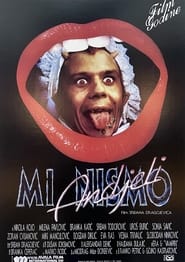 Angel and the devil fight for...
Angel and the devil fight for...We Are Not Angels 1992
Angel and the devil fight for the soul of a Belgrade playboy who made a young girl pregnant.
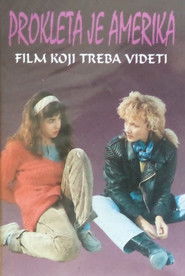 A threepart anthology film Story 1 A...
A threepart anthology film Story 1 A...Be Damned, America 1992
A three-part anthology film. Story 1: A released convict traces his girlfriend and other people who were responsible for his imprisonment. Story 2: A factory worker Pantic comes to Belgrade where he befriends a waiter. Having no overnight lodge, Pantic spends the night in the bar where his new acquaintance works, and becomes a victim of group of people who start picking on him. The initially protective waiter joins their harassment, and that's when Pantic pulls out a knife. Story 3: A female reporter gets back from the province without getting job done. On her way back, she meets an abused woman who lives with her husband in a trailer, making grill. The two will run away together, facing many hazards and trials.
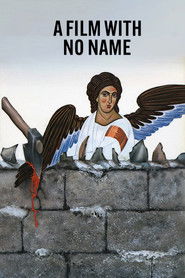 The Kosovo region of Yugoslavia near...
The Kosovo region of Yugoslavia near...A Film with No Name 1988
The Kosovo region of Yugoslavia near the Albanian border is the scene of political unrest and a modern Romeo and Juliet romance in this satirical political drama. A film director (Meto Jovanovski) gathers information for his documentary about the Serbs being forced to depart by Albanian Moslems. As the region heads towards ethnic warfare, the young Albanian woman Nadira (Sonja Jacevska) falls in love with the Serbian Miloljub (Cedo Arobabic). He is captured and castrated, and the private lives of Milobjub and Nadira become part of the director's story in his film. He must answer to the financiers and producers who believe his film was to be a comedy. The events foreshadow a long and bloody conflict between two factions, a battle that has not abated in the ten years since this film's initial release.
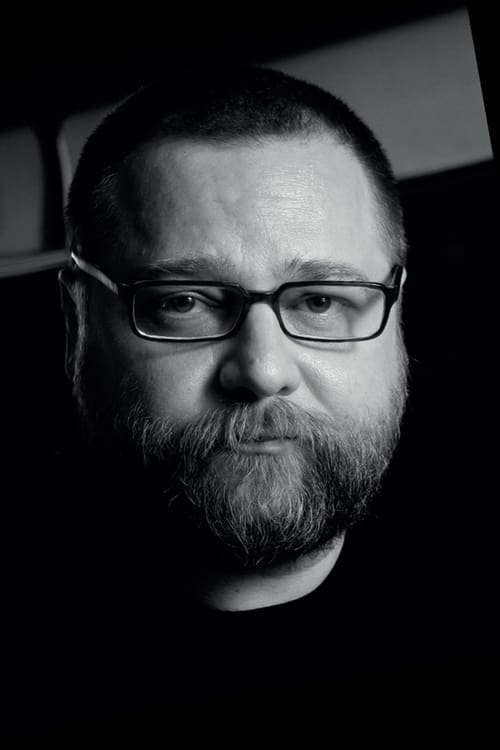
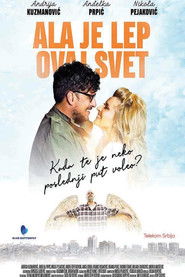 Angel Ljubia Nikola Pejakovi is trying...
Angel Ljubia Nikola Pejakovi is trying...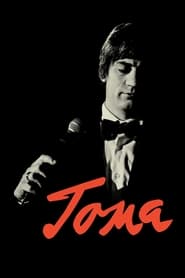 Biopic about Serbian folk singer Toma...
Biopic about Serbian folk singer Toma...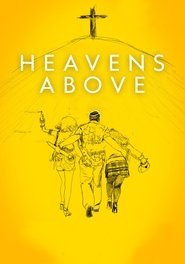 Three stories about the impact of...
Three stories about the impact of...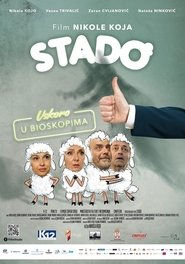 Two of the most popular Serbian...
Two of the most popular Serbian... A halfmad patriot who shot Avax...
A halfmad patriot who shot Avax...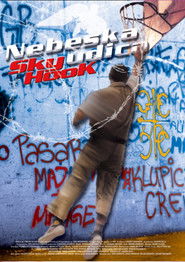 Belgrade during the height of the...
Belgrade during the height of the...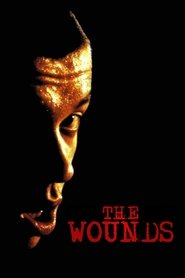 This film follows two Belgrade youths...
This film follows two Belgrade youths...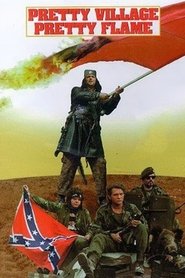 In the opening stages of the...
In the opening stages of the...